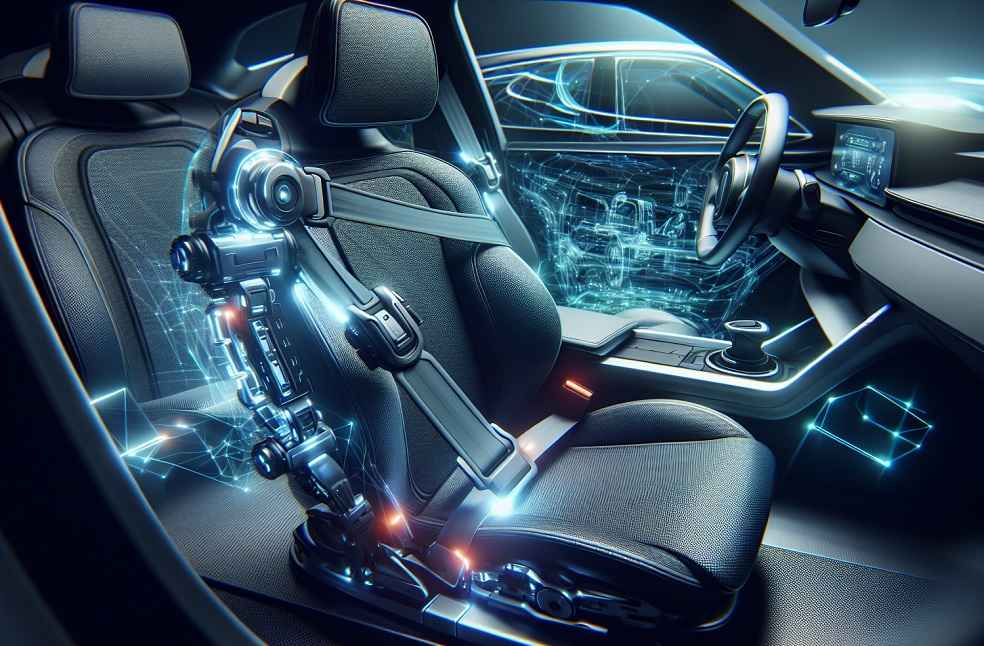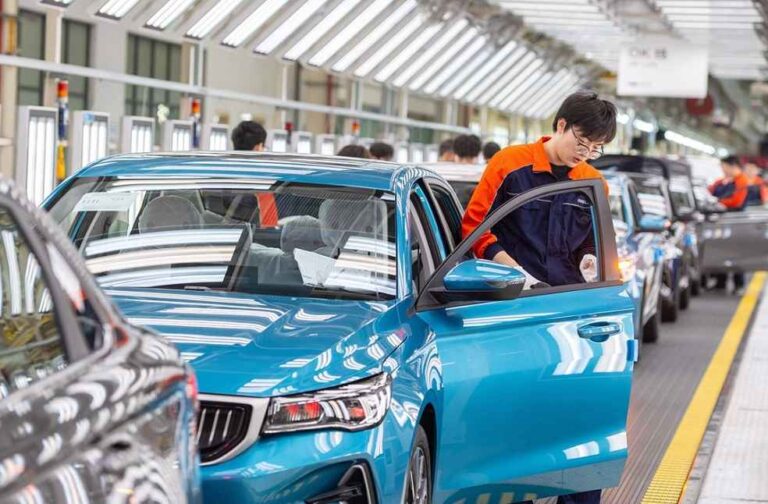China is reshaping the global automotive landscape with a groundbreaking operating model that prioritizes speed, cost-efficiency, and innovation, according to the 2025 AlixPartners Global Automotive Outlook. The report highlights China’s ascent as a global innovation hub amid hastening industry disruptions, particularly in the new energy vehicle (NEV) sector.
Chinese NEV manufacturers are now capable of bringing vehicles to market in half the time and at 40–50% lower investment compared to international peers. This efficiency delivers a 30% cost advantage, enabling Chinese brands to strengthen their domestic and international market positions.
By the end of 2025, Chinese brands are projected to command 67% of the domestic passenger vehicle market. From January to May this year, sales of Chinese-brand passenger cars reached 7.562 million units, marking a 26.3% year-on-year increase and accounting for nearly 69% of total sales, a 7.5% point rise over the previous year.

“China is one of the most competitive NEV markets in the world,” said Stephen Dyer, Asia Leader of the Automotive and Industrial Practice at AlixPartners. “Automakers must focus on building strong brands, advancing autonomous technologies, and localizing international operations to maintain momentum.”
Despite rapid growth, the report forecasts consolidation in China’s NEV sector. Of the 129 brands operating in 2024, only 15 are expected to remain financially viable by 2030, jointly holding 75% of the market. Yet signs of sustainability are emerging, with companies like Li Auto achieving full-year profitability.
The report identifies two critical strategies for automakers globally: embracing the advanced mobility revolution, including growth in advanced driver-assistance systems (ADAS), and deploying artificial intelligence to accelerate development. The global ADAS market is forecast to hit $50 billion by 2030, with China expected to hold a 45% share.

AI-enabled tools are reportedly reducing design and testing cycles by up to 20%, hastening product launches and slashing costs. This shift, the report suggests, could lead to a new industrial revolution where unmanned factories become standard.
Zhang Yichao, Partner at AlixPartners’ Greater China Automotive Practice, highlighted China’s evolving ‘New Operating Model,’ which combines smart manufacturing, AI integration, and strategic partnerships. “OEMs must adapt their talent, infrastructure, and investments to succeed in this next-generation manufacturing era,” he said.
Although geopolitical risks and tariffs are prompting supply chain reassessments, Chinese automakers continue to expand abroad. The report projects Chinese NEV manufacturers will double their European market share to 10% by 2030 through local production and partnerships. An additional 800,000 NEVs from China are expected to be produced annually in Europe by that time, while European automakers may cut their own output by 400,000 units. Firms like BYD and Chery are already building plants in Europe, with Changan and SAIC also planning expansions.
DON’T MISS | Skoda VW India to Oversee Bentley Operations in India





